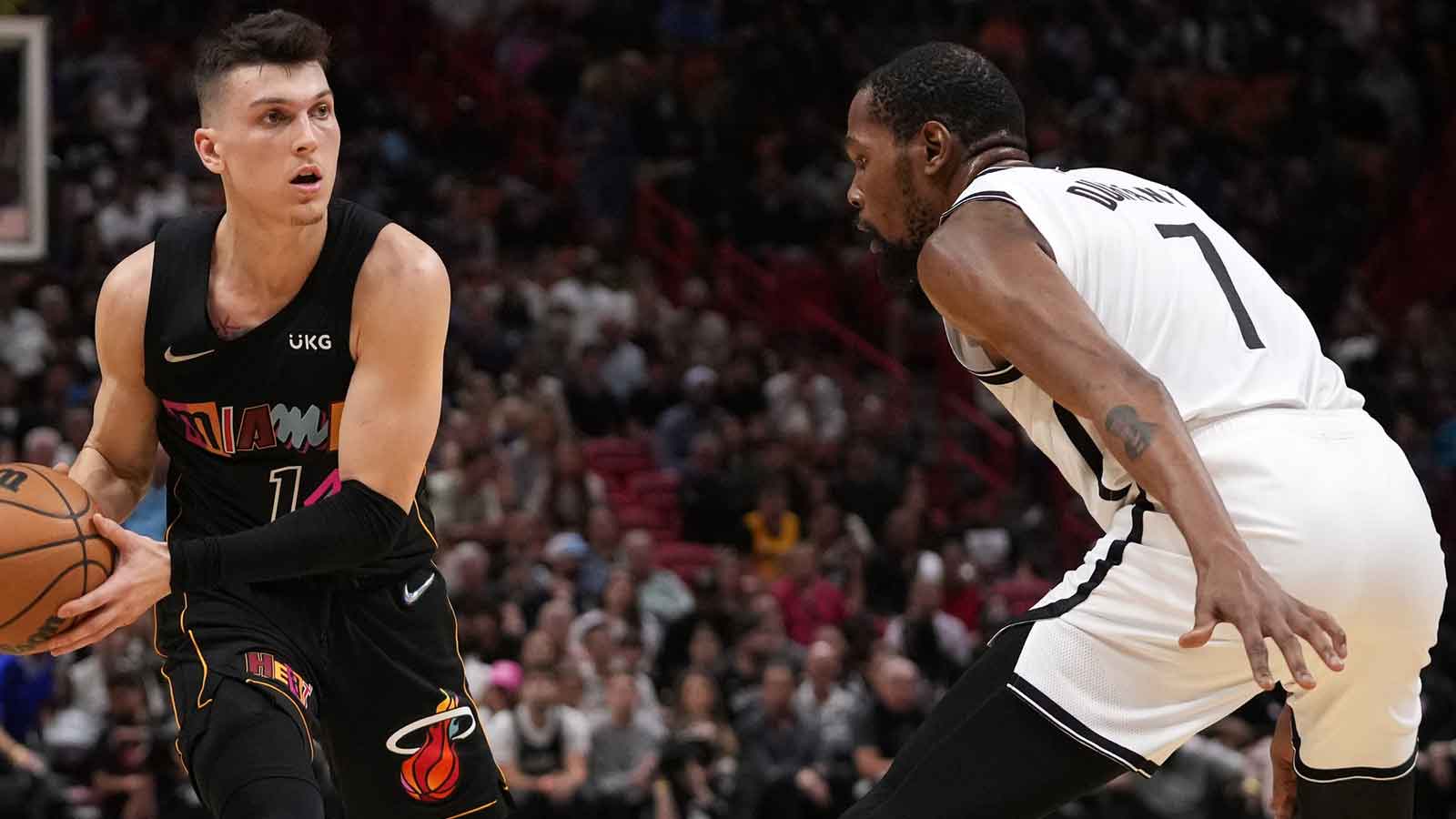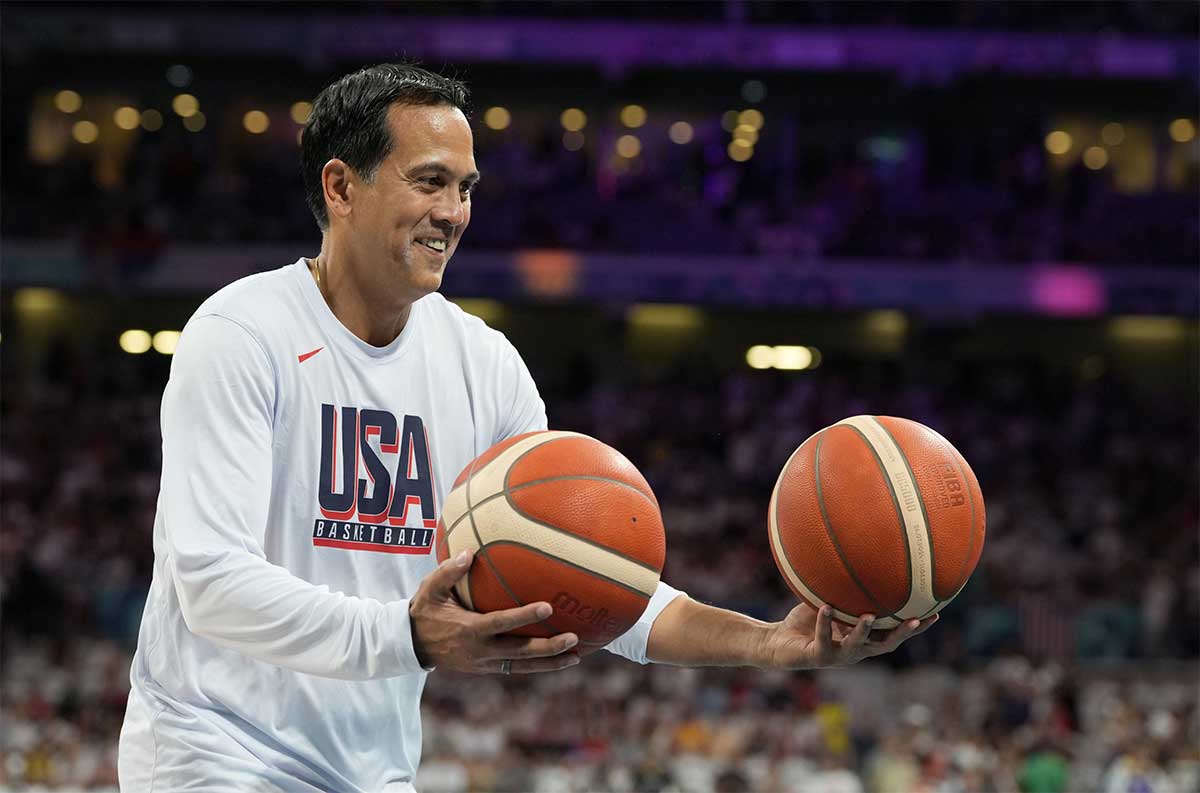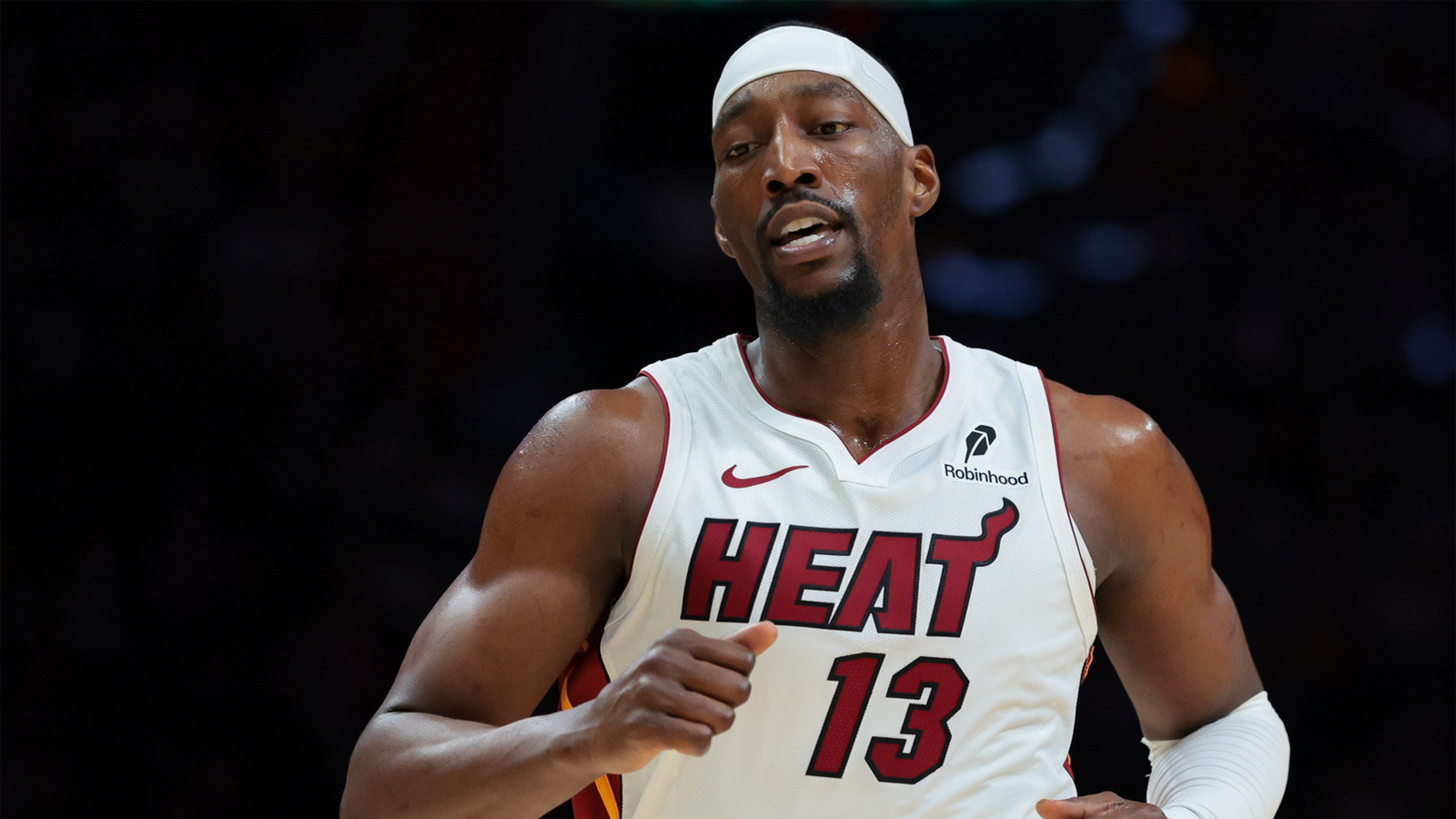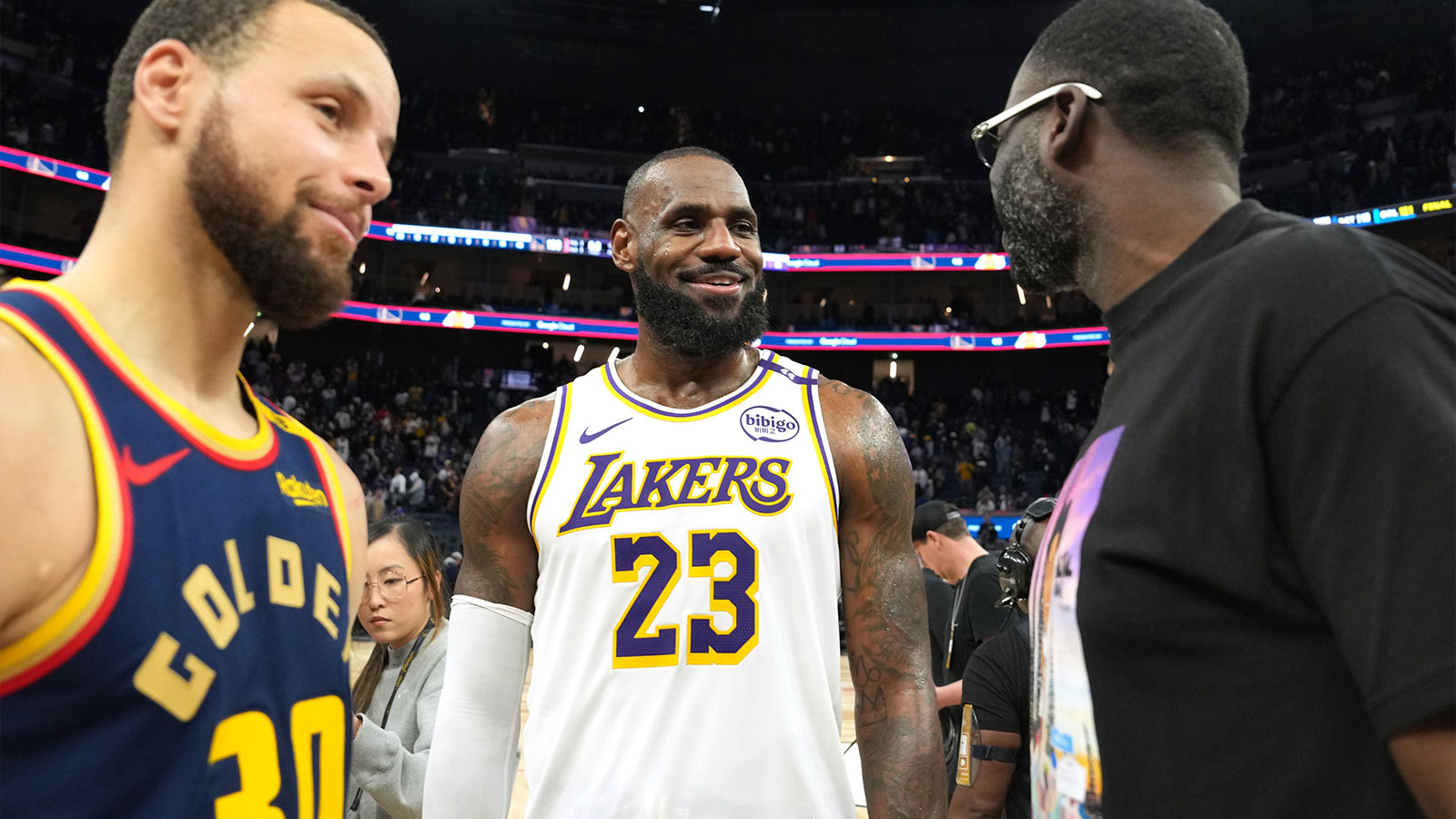Paul Craig’s UFC journey came to an abrupt close in Paris, where the veteran Scottish fighter announced his retirement following a first-round knockout defeat to Modestas Bukauskas. A fixture of the light heavyweight division for nearly a decade, Craig chose the City of Lights as the stage to take his final walk to the Octagon, ultimately closing the book on a career defined by submission artistry, grit, and unforgettable moments inside the cage.
Paul Craig announces his retirement from MMA following his loss at #UFCParis 👏pic.twitter.com/GJhiObqefk
— Championship Rounds (@ChampRDS) September 6, 2025
The end came swiftly against Bukauskas, who landed a devastating, vicious ground-and-elbow, which put Craig's lights out at the buzzer. For Craig, it was a humbling way to bow out, but the decision afterward to hang up the gloves was one he entered with acceptance.
MODESTAS BUKAUSKAS KNOCKS OUT PAUL CRAIG AT THE BELL!! WOW #UFCParispic.twitter.com/P2lGedydJl
— Championship Rounds (@ChampRDS) September 6, 2025
Submission Specialist Carved a Unique Legacy
Craig leaves the UFC with one of the sport’s most unique résumés. The Airdrie, Scotland product tied his name forever to the history books by amassing the second-most submission victories in UFC Light Heavyweight history. That distinction underlines a career built less on wins-and-losses columns and more on dramatic, come-from-behind finishes that made him a must-watch fighter.
Paul Craig is back this weekend.
He is the only person to beat Magomed Ankalaev 👀pic.twitter.com/spuHNsAZwm
— MMA On Point (@OnPointMMA) September 3, 2025
His jiu-jitsu prowess became legendary during his time at 205 pounds. On multiple occasions, Craig flipped defeat into victory in the closing seconds, catching opponents who thought they had secured the win. His last-second triangle choke of Magomed Ankalaev in 2018 remains one of the most iconic finishes in UFC light heavyweight history, snatching victory at 4:59 of the final round in a fight he was nearly out of. That moment embodied Craig’s career perfectly—dangerous until the very end, resilient in the face of adversity, and capable of producing the spectacular.
The Scotsman’s submission highlights span a long list of tough opposition. He toppled names such as Jamahal Hill, whom he dislocated with a brutal armbar and ground-and-pound follow-up, and Nikita Krylov, whom he tapped with a rear-naked choke. Each victory reinforced Craig’s identity as a technician in a division often dominated by knockout artists. Where others relied on wrestling pressure or heavy hands, Craig weaponized his guard and thrived in scrambles, making him a matchup nightmare for those unfamiliar with grappling’s nuances at the highest level.
Craig also served as one of the UFC’s first consistent Scottish representatives on the global stage. Alongside fellow countrymen who carved out shorter careers, Craig ensured the Saltire was waved proudly in international arenas. His walkouts, painted with national pride and backed by the roar of Scottish fans traveling across Europe, became part of his fighter identity and an emotional touchstone for his career.
Pride in the Battles, Respect From Peers
Though Craig’s recent record reflects struggles against top-tier contenders, he was never spared tough assignments. He experienced both soaring highs and humbling defeats, but through it all, he remained resolutely himself—humble, honest, and committed to giving the fans a show. Fighters, coaches, and analysts alike respected him not only for his grappling wizardry but also for his willingness to fight anyone at any time.
Reflecting on his tenure after UFC Paris, many of Craig’s peers took to social media to share their respect. Modestas Bukauskas himself was quick to pay tribute, saying post-fight he considered it “an honor to share the Octagon” with Craig. That sense of respect resonated throughout the MMA community. It underscored the fact that while Craig might not have captured gold, he left a permanent impact on the sport by delivering the kind of unforgettable finishes and underdog victories that embody what fans cherish most about MMA.
Craig leaves with a professional record of 17-10-1, boasting 13 wins by submission. In a division often remembered for knockout highlights, he carved out space for the grappler, proving that patience and persistence on the canvas could tilt any fight. His fighting style may not have always been polished, but what it lacked in aesthetics, it compensated for in sheer drama. Craig’s ability to pull victory from the jaws of defeat defined his story and made him one of the most unpredictable fighters of his era.
The final chapter may have closed on a night filled with disappointment in Paris, but the larger book of Paul Craig’s career is one bound by respect and admiration. He departs as a reminder that MMA greatness isn’t measured solely by belts but also by moments that live forever in the memory bank of fight fans. Craig will be remembered as a submission artist of the highest order, a fighter who never let adversity dictate the outcome until the very last moment, and a proud ambassador of his country on the sport’s biggest stage.
At UFC Paris, Craig laid down the gloves for good. He may leave the Octagon, but the legend of his submission artistry will live long in UFC history.




















